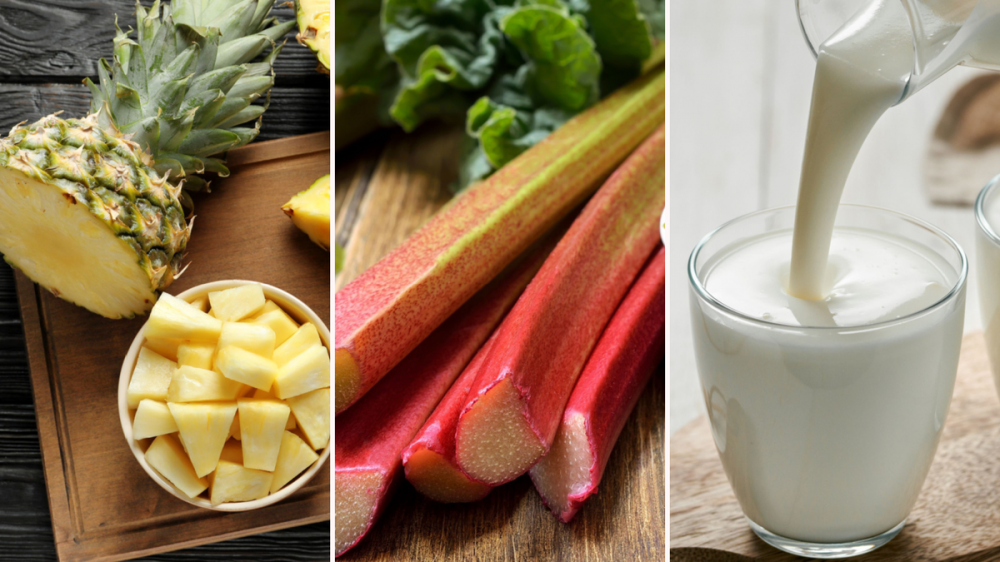
Bloating is normal, but it’s uncomfortable, uneasy, and sometimes quite painful. And although it happens to everyone after eating or drinking a lot of fluids, some people experience bloating on a whole new level.
Whether it’s due to food intolerance, sensitivity, or simply a combination of foods that don’t sit well on your stomach, being bloated after a meal might deter you from eating the same foods again. Not to mention make it hard to do any of your usual activities afterward. Luckily, there are some natural ways to reduce this uncomfortable feeling. Here are the best foods to improve digestion and reduce gastrointestinal discomfort.
Celery
Avocado
Ginger
Pineapple
Rhubarb
Fennel
Yogurt
Quinoa
Celery

You might know it as the best cruditè to pair with your hummus, but celery is actually one of the best possible foods to eat when you’re bloated. Basically made of water (95%), celery contains a special type of sugar alcohol called mannitol that has the role of pulling water into your digestive tract and thus softening your stool. This helps promote regularity and the way food gets pushed down your intestines.
Additionally, celery is considered to be a diuretic, helping reduce water retention and increase urine production. This results in less bloating and an overall “lighter” feeling in your abdomen.
Avocado

The best pairing to toast that ever existed, avocados are incredibly nutrient-rich, with a variety of vitamins and minerals in every single serving. One of these important nutrients is potassium. Potassium is known for regulating fluid intake and sodium levels in your body, helping prevent water retention and bloating in your digestive tract.
Avocados are also really high in fiber which passes through your intestines and promotes food breakdown, lowers your glycemic index and moderates blood sugar spikes, and helps increase nutrient absorption.
Ginger

Known for its soothing power for thousands of years, ginger is a very potent herb with a plethora of health benefits. It helps soothe nausea, improves feelings of satiety, aids weight loss, and promotes emptying of the stomach while relieving bloating.
Ginger is also a strong anti-inflammatory herb that has a high level of antioxidants that fight free radicals and help prevent oxidative cell damage.
Pineapple
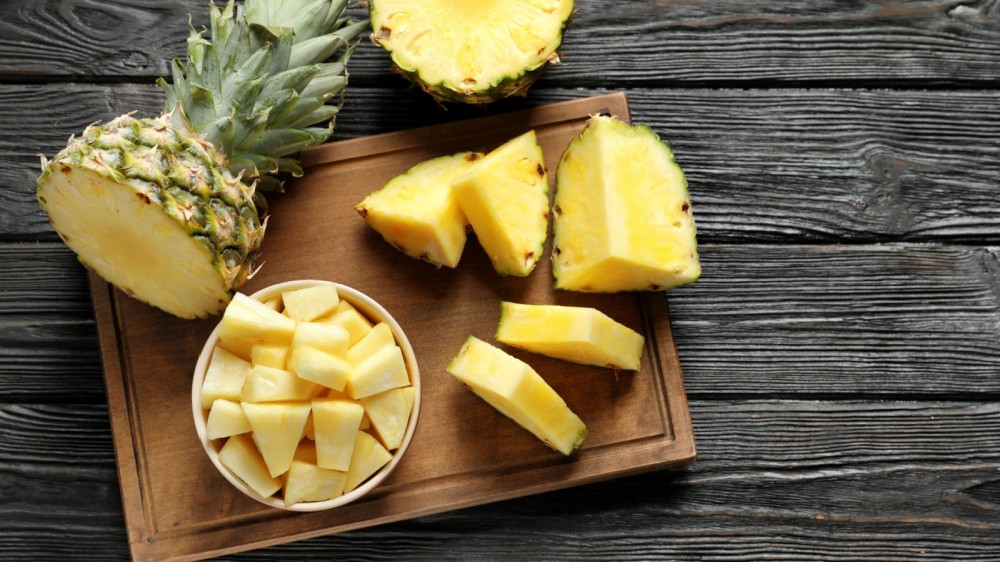
This sweet and delicious fruit contains myriad vitamins, minerals, antioxidants, and other powerful plant compounds that help promote your health and longevity. For digestion, pineapple is known for its enzyme, bromelain, which helps fight inflammation and has often been used for helping reduce bloating, swelling, and acute inflammatory responses in the body.
That’s why you can often find bromelain as a dietary supplement along with other digestion-promoting herbal remedies.
Rhubarb

Although short in season, rhubarb is a delicious and sweet vegetable that’s often used in desserts. It contains a variety of vitamins and minerals as well as a health-boosting compound called sennoside. This nutrient acts as a natural laxative as it helps stimulate your bowel movements.
Rhubarb is also incredibly high in fiber which helps prevent bloating as well as reduce it, as long as you’re not eating too much of it.
Fennel

Great with salmon, but even greater for your digestive tract, fennel is a popular vegetable with a very distinctive taste. Its leaves are often used as a garnish or grilling bed, the bulb is usually baked or turned into a soup, and fennel seeds are mostly used as a spice. Still, the whole fennel as well as the seeds contain compounds with antispasmodic properties.
This means that they promote muscle relaxation in your entire body, especially in your intestines and stomach, reducing bloating and constipation. And just like celery, fennel is a diuretic, increasing urine production and reducing water retention.
Yogurt

Dairy is often associated with bloating as its cause, but yogurt is the fermented dairy product that contains beneficial probiotics that feed your microbiome, improve gut health, promote regularity, and improve stool consistency.
Probiotics help increase the number of good bacteria in your gut, lower inflammation, strengthen your immune system, and reduce bloating and constipation. Make sure you’re buying sugar-free yogurt as those containing added sugars will diminish its digestion-promoting characteristics.
Quinoa

This amazing pseudo carbohydrate has been popularized in the last decade as a carb that contains the highest amount of protein per serving. It’s also gluten-free and lower on the glycemic index scale, making it suitable for those who are monitoring their blood sugar levels.
Quinoa is also a complete protein, meaning it contains all the amino acids our bodies need to build muscles and perform all important functions. Rich in fiber, it promotes healthy digestion and increases nutrient absorption, all while helping reduce bloating and digestive discomfort.
Food can really be our medicine and it can help us relieve many health issues, from headaches and heartburn to bloating and constipation. If you’re interested in how to boost your immune system before the fall season starts, check out the best superfoods you should add to your diet.
Share this content:

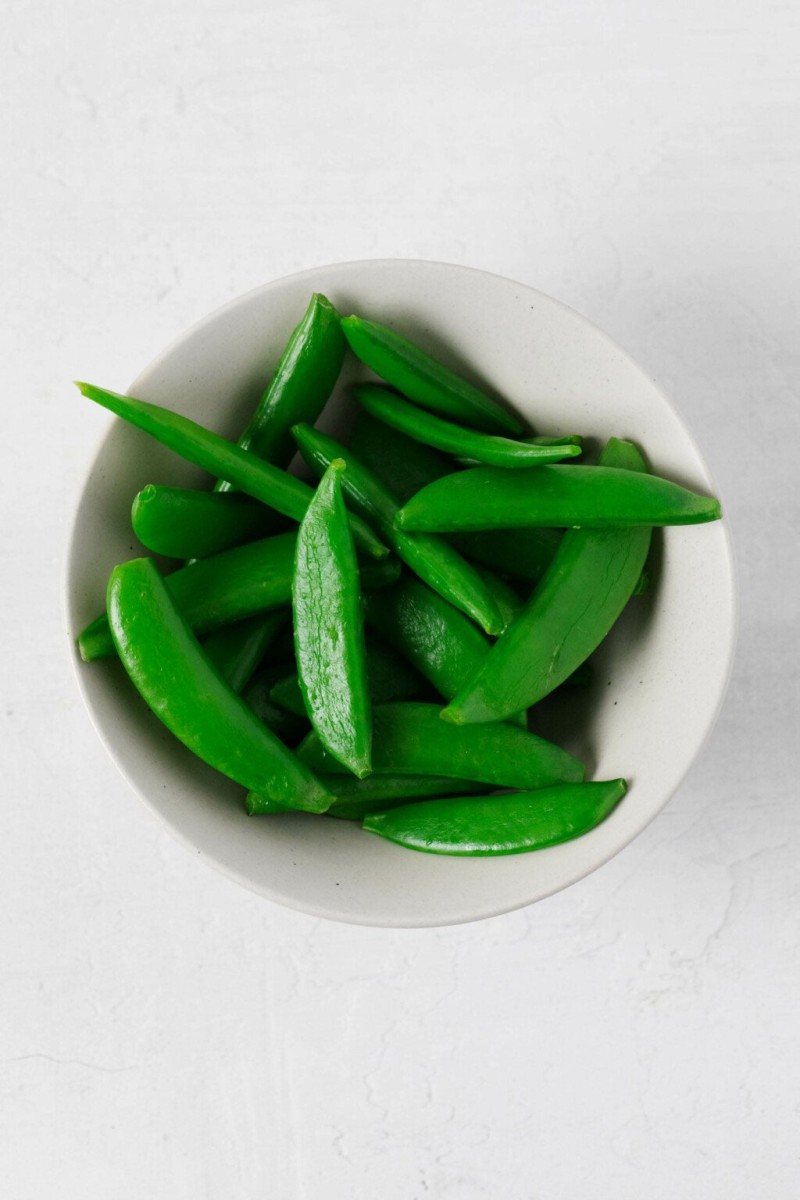
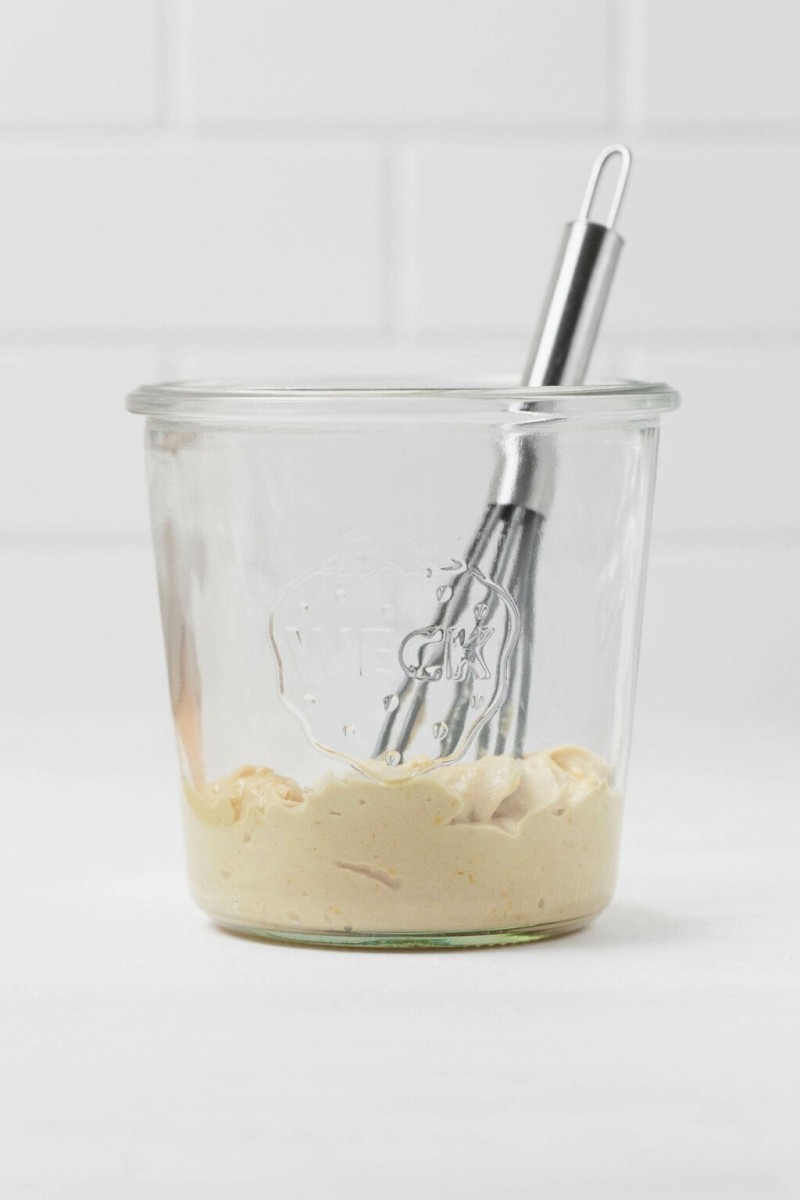
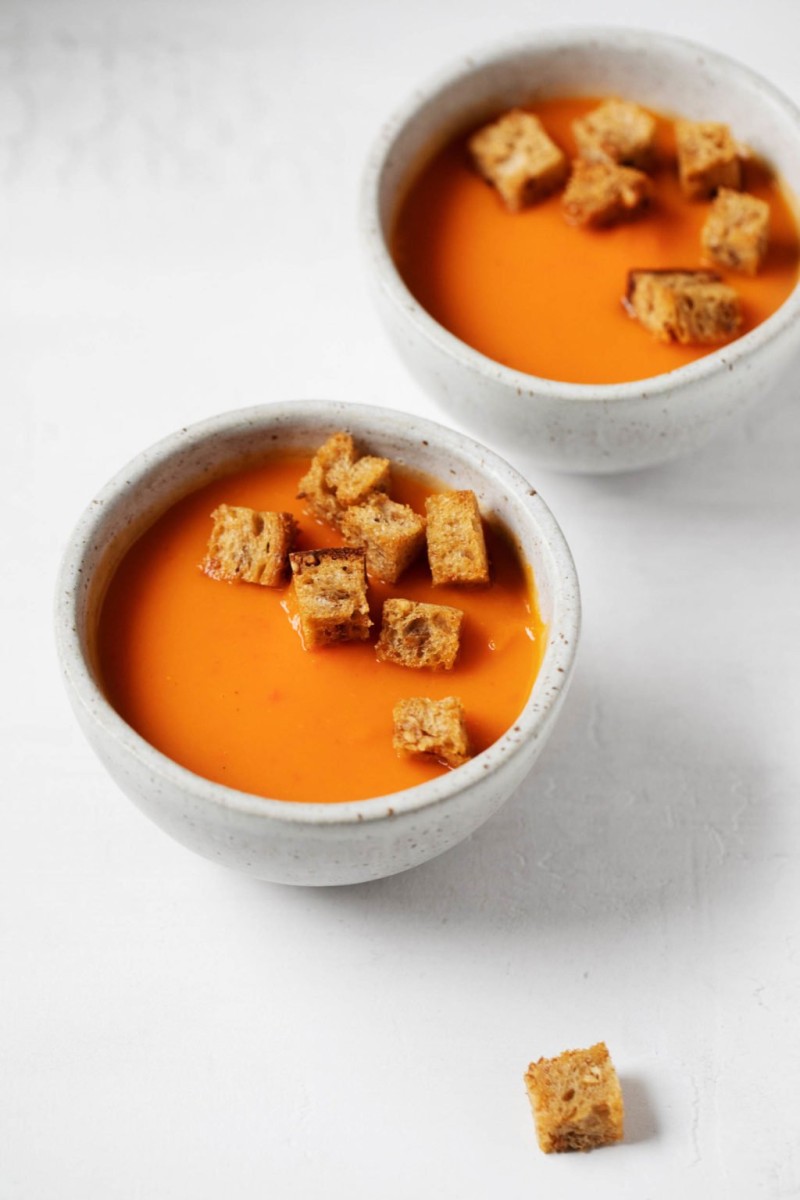


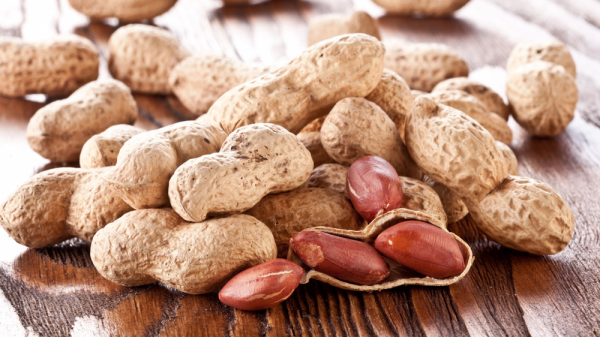
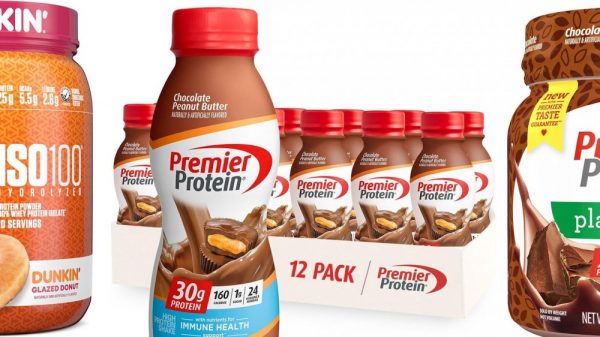







Post Comment